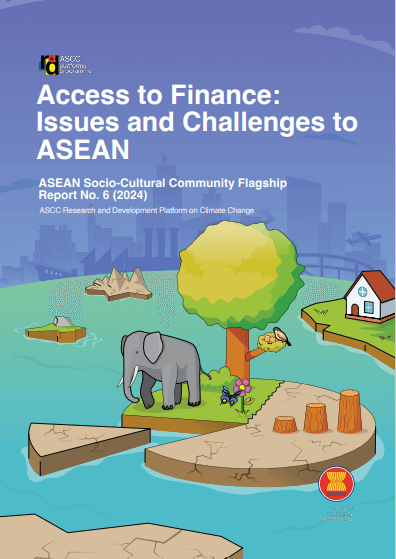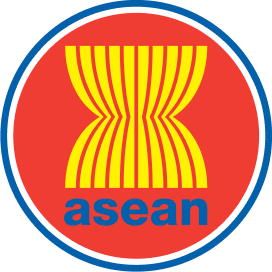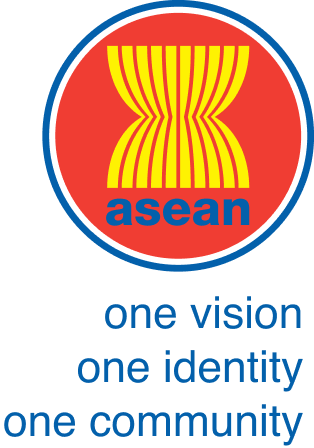

ASEAN is highly vulnerable to the impacts of climate change, and the ASEAN Member States (AMS) have set exceedingly high targets in reducing carbon emissions which requires access to climate financing.
Funding gap in ASEAN has widened despite various initiatives at the national and regional levels. The COVID-19 pandemic exacerbated this gap, especially for AMS, which highly depend on public funding for climate mitigation and adaptation.
Barriers to climate change financing include existing policies that limit AMS’ access to concessional funding, lack of private sector financing, and uneven distribution of finance in the region. In addition, data and information gaps inhibit stakeholders from easily accessing and critically reviewing ongoing initiatives and proposals on climate-related risks to the financial system.
Private sector investment is gaining traction but is still in the early stages. It plays a central role in climate finance by investing directly in mitigation projects or de-risking investments to attract private capital investment. Access to private capital depends on developing financial and capital markets in the AMS. ASEAN’s efforts to develop sustainable standards and a taxonomy can potentially improve access to capital market financing.
The pace of financial access is uneven across AMS, and harmonising standards and addressing definitional gaps can enable AMS to leverage domestic savings and mobilise foreign capital to finance climate change. Leveraging international organisations and multilateral development banks through concessional loans, grants, guarantees, and philanthropic contributions is key to maximising economic and social returns on investment. Pledged contributions from developed countries are also critical in achieving Nationally Determined Contribution (NDC)goals, especially for countries bound by NDC targets.
Establishment of funding arrangements and dedicated funds can improve the adaptive capacity of vulnerable countries, and help AMS mitigate the adverse effects of climate change. In moving forward, ASEAN needs to (1) Improve public finance and increase allocative efficiency for post-pandemic recovery; (2) De-risk investments in green infrastructure; (3) Strengthen regulatory readiness and address definitional gap; (4) Address data gaps (e.g., information availability and accessibility of climate finance data as well as requirements); and (5) Build capacity to further improve access to climate finance (awareness among all stakeholders on climate finance landscape, building talent and capacity to regularly update climate action plans and strengthen risk reduction measures, in line with the funding trends and prioritisations areas of international communities).







